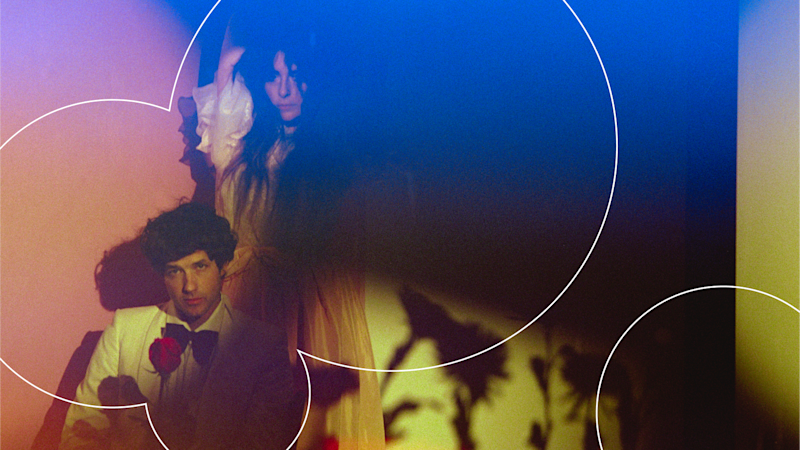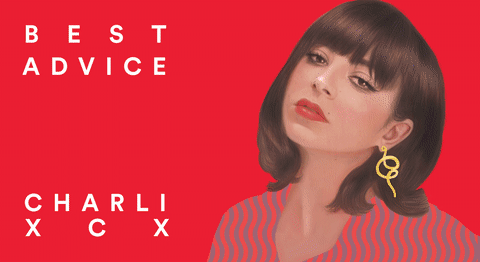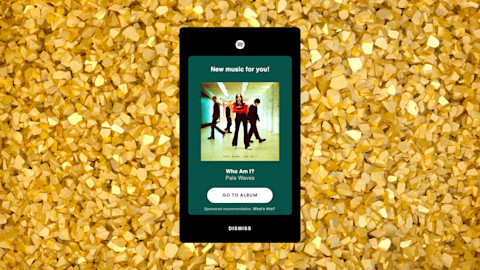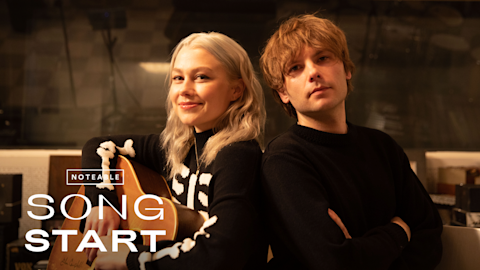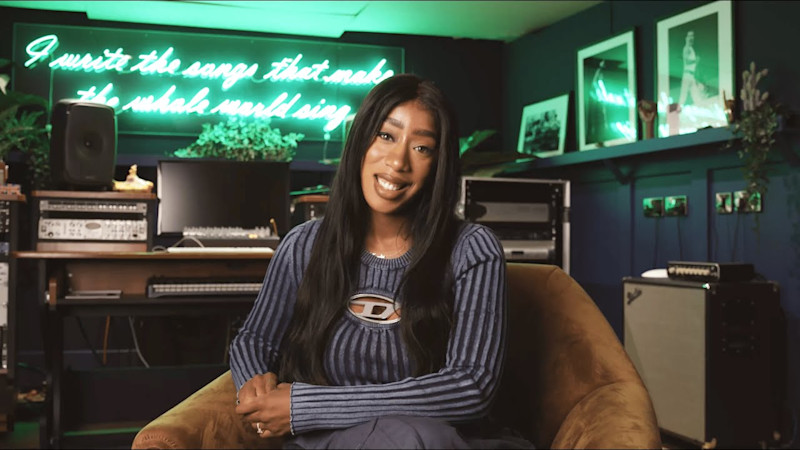At a time when it seems like so many wrongs are waiting to be righted, lots of sociopolitically conscious artists are using their work and influence to back a cause. There are loads of organizations that need support, and the questions of who to help and how to help them have different answers for everyone.
You don’t have to be making headlines by hobnobbing with heads of state (hey Bono!) or raising millions (props to Pink Floyd guitarist David Gilmour, who auctioned off a collection of guitars and donated the $21.5 million in proceeds to combat climate change). Even if you're an indie or underground artist, there are plenty of ways you can help the causes you care about.
![Japanese Breakfast Photo by Joyce Jude]()
Japanese Breakfast Photo by Joyce Jude
Choose with your heart
Michelle Zauner, who operates under the indie-pop alias of Japanese Breakfast, started by identifying a focus for her support: the American Civil Liberties Union. "At a time when our government seeks to impinge on fundamental human rights for vulnerable populations," she says, "the ACLU plays a critical role in defending those rights and checking the abuse of power."
Zauner—whose second album, Soft Sounds from Another Planet, came out on the Dead Oceans label in 2017—partnered with The W hotel chain to release a pair of singles benefiting the ACLU: "Essentially" and "Head Over Heels," the latter being Japanese Breakfast's interpretation of the classic Tears For Fears tune. A portion of sales from the soft-pedaled Japanese Breakfast take on the tune, as well as its sister single, will aid the ACLU in its many missions.
Zauner acknowledges that there are plenty of other fights for justice underway, and points out that when more people are lending support, everyone benefits. "I think there are a lot of organizations that need our help right now," says Zauner. "It's hard not to get overwhelmed and feel powerless. I think the ACLU does a great job of educating and assisting the public, defending immigrant rights, LGBTQ rights, reproductive rights. It's quite difficult to find how exactly to incorporate politics into your work as an artist. I would like to become more involved, and see other artists come together to aid more of these types of causes beyond just using our platforms to help spread information."
A matter close to home
Consisting of veteran sonic explorer David Garland and his son, Kenji, the duo known as Garlands began recording in response to an extremely personal problem, but they eventually found a way to expand the scope of their project.
David's wife, Anne, was diagnosed with Stage IV lung cancer in 2018, and soon began a long series of taxing radiation and chemo treatments. David became Anne's primary caregiver at their home in New York's Hudson Valley, with Kenji coming to help out for extended periods. With Anne upstairs convalescing from her treatments, father and son would create ambient-oriented electro-acoustic music in the living room as an aural balm, feeding David's tricked-out acoustic guitar through Kenji's modular synthesizer for a sound somehow both otherworldly and organic.
As Garlands, they recorded the results and released an album called Vulneraries (an anachronistic term for medications) online in CD and digital formats. At the behest of Anne, they took the music's healing intentions a step further by arranging for all sales generated by the album to go to National Nurses United, the registered nurses' organization whose agenda includes the Medicare for All! movement. They didn't stop there, either—a second volume of Vulneraries has just been released.
![Phantogram Photo by Floria Sigismondi]()
Phantogram Photo by Floria Sigismondi
Channeling grief to support mental health
Synth-friendly duo Phantogram also experienced a family trauma that led them down a path of giving. The band's singer and keyboardist, Sarah Barthel, lost her sister Becky in 2016 to suicide. This eventually led to Barthel and her Phantogram partner, Josh Carter, crafting the song "Someday," which describes grief in an unflinching, compassionate way. Barthel and Carter coupled the song with a cover of "Saturday" by Phantogram influence Sparklehorse, whose frontman, Mark Linkous, took his own life in 2010.
In May, Phantogram released the tracks as a digital single, with the profits from streams and downloads going to the American Foundation for Suicide Prevention. Additionally, Barthel and Carter make a point of speaking out about suicide prevention and mental-health awareness both from the stage and in their interviews.
Going big and rallying a crowd
Imagine Dragons frontman Dan Reynolds started the annual LOVELOUD Festival Powered by AT&T in 2017, with all proceeds going to LGBTQ causes. "Having grown up Mormon and having had many friends who are Mormon and LGBTQ," says Reynolds, "I have watched for years and seen the hurt and conflict that have followed LGBTQ youth who reside in religious homes/communities. When you are continually told at church and in your community that your most innate and unchangeable truth (to love) is flawed, it is no wonder we see high suicide and depression rates amongst our LGBTQ youth—especially in highly religious communities. I want this to change. The goal at LOVELOUD is to bring these communities together and to talk about how we can be better, as well as raise as much money as possible for lifesaving local and national LGBTQ charities."
The festival, documented in the HBO film Believer, raised over $1 million in its first two years for LGBTQ organizations like GLAAD, The Trevor Project, and Encircle. The 2019 iteration at the USANA Amphitheatre in West Valley City, UT, included appearances by Reynolds, Kesha, Tegan and Sara, Laura Jane Grace and the Devouring Mothers, Martin Garrix, Grouplove, K.Flay, and others.
![Tegan and Sara Photo by Pamela Littky]()
Tegan and Sara Photo by Pamela Littky
Tegan Quin points out that a teen coming out in their hometown may encounter an entirely different level of acceptance than a renowned musician does. “With the festival, we get to be not just a day of acceptance and celebration for [that] teen,” says Canada’s Tegan Quin, “but we also build a community that supports them in the long run, and gives them the tools to have these discussions about LGBTQ+ issues and make change where they live."
Even before LOVELOUD, Tegan and her twin, Sara, were already hard at work to support the LGBTQ+ community. They’ve been out since the start of their career more than 20 years ago, and in 2016 they started the Tegan and Sara Foundation. Through political action as well as financing, the foundation offers support to programs that are effecting positive change for the LGBTQ+ community.
You can start with some of the groups outlined above, or seek out others specific to the problems that you find most urgent. Brainstorm with other bands about how to get a grassroots initiative going, or just earmark the profits from a particular gig, event, or release for the charity of your choice. To learn more about the organizations seeking financial support, visit sites such as Charity Navigator and Charity Watch.
—Jim Allen
